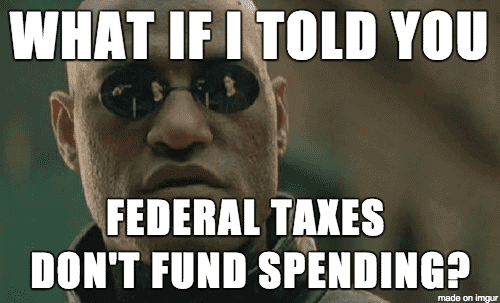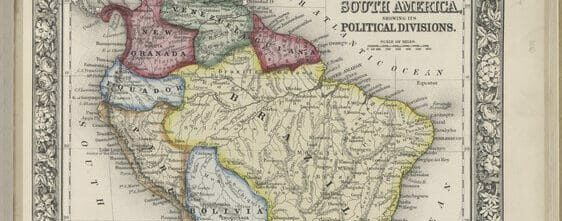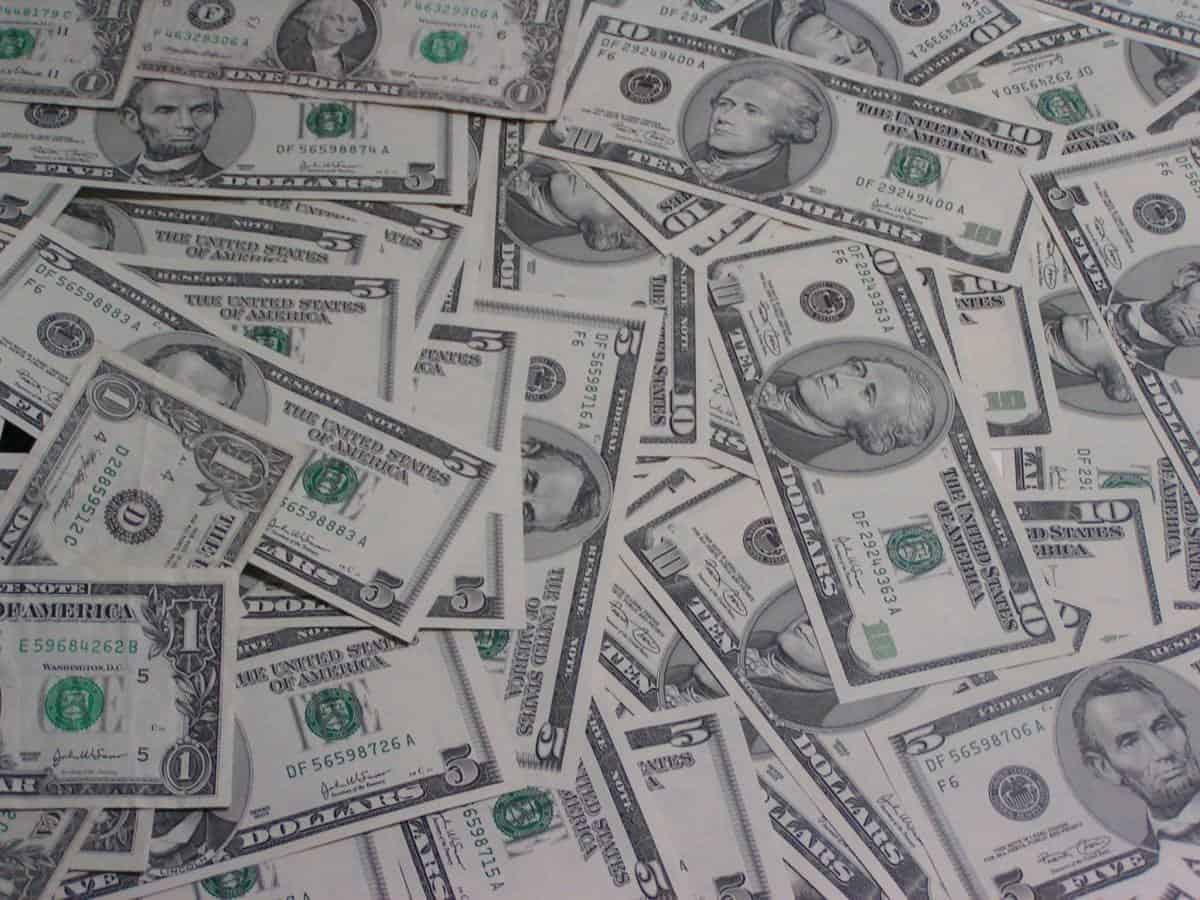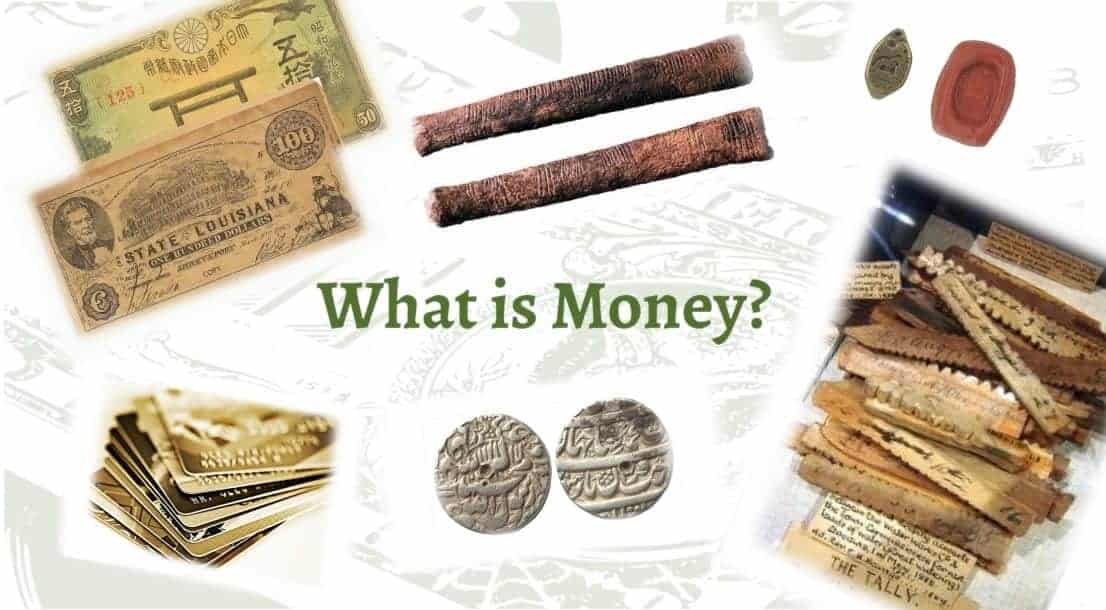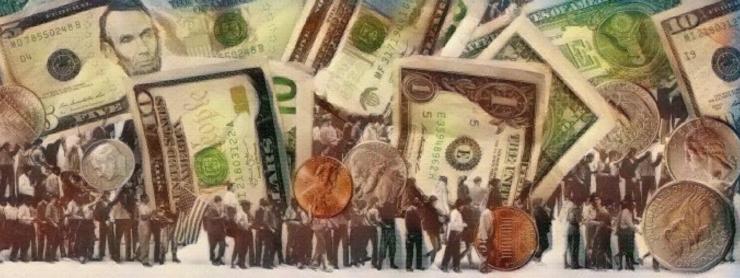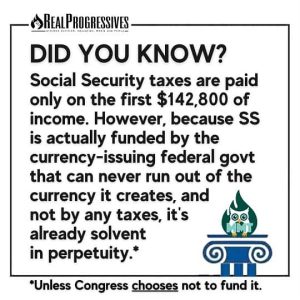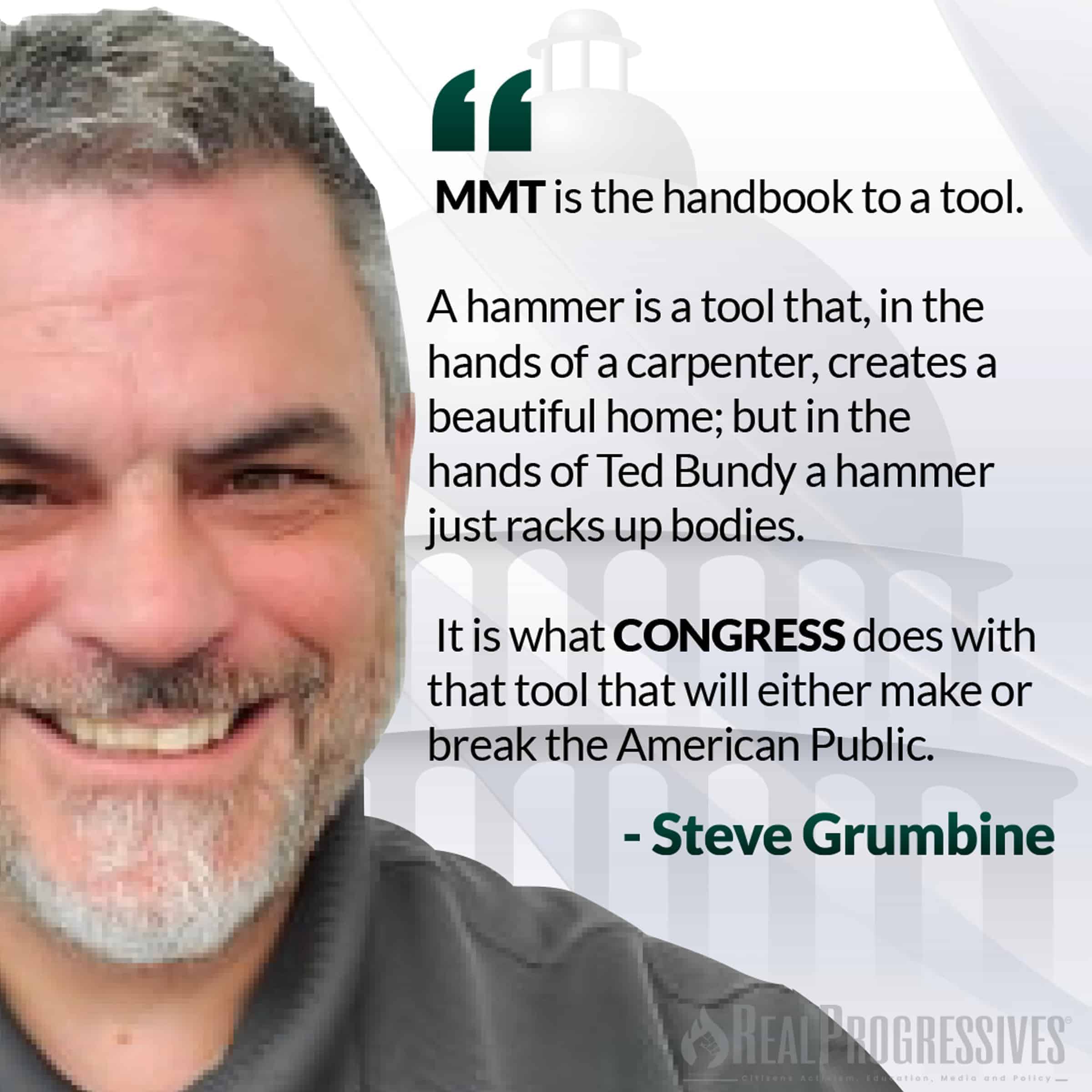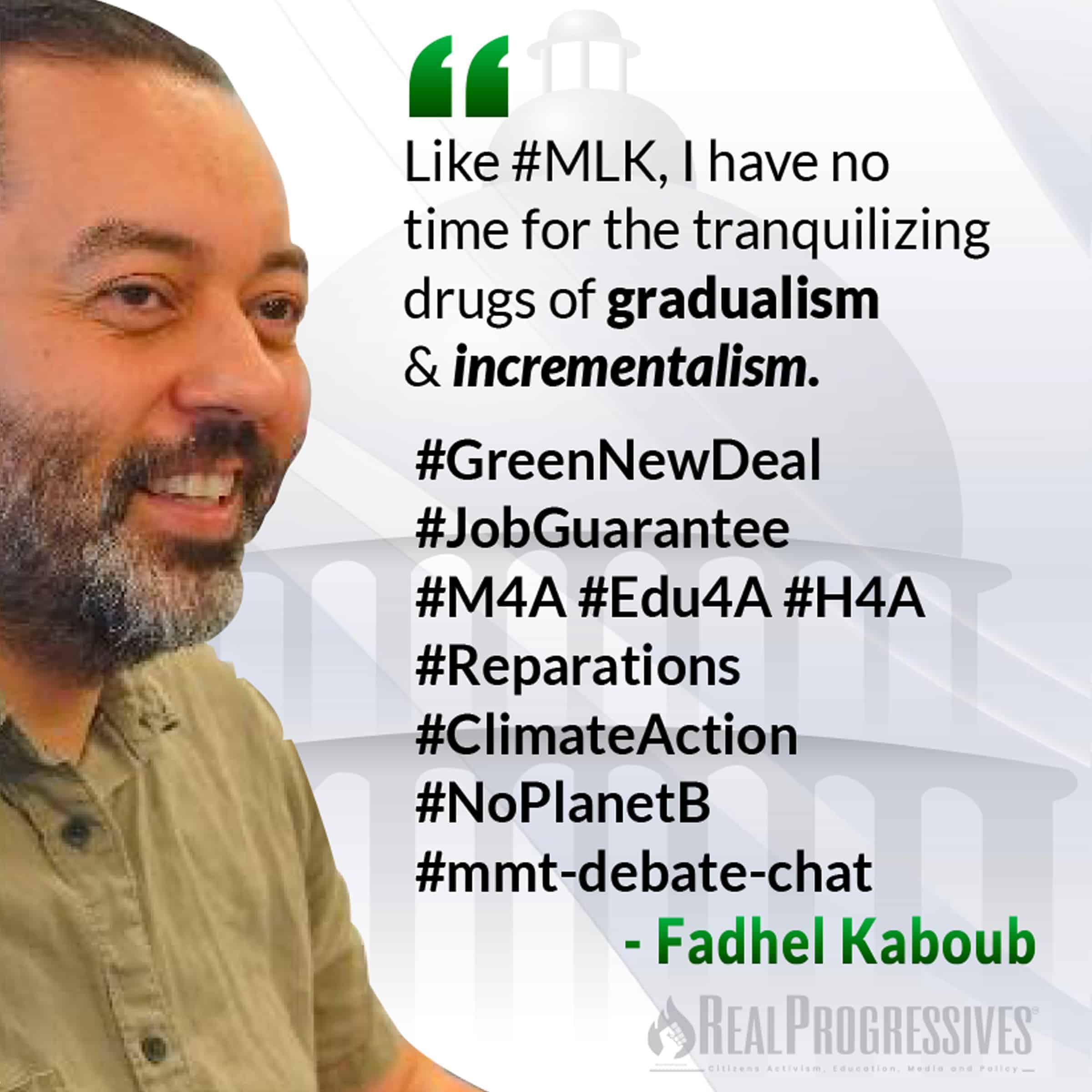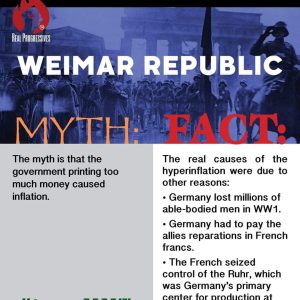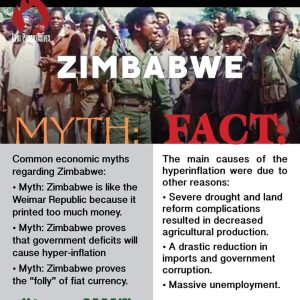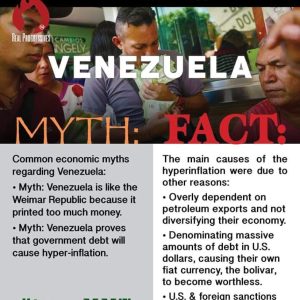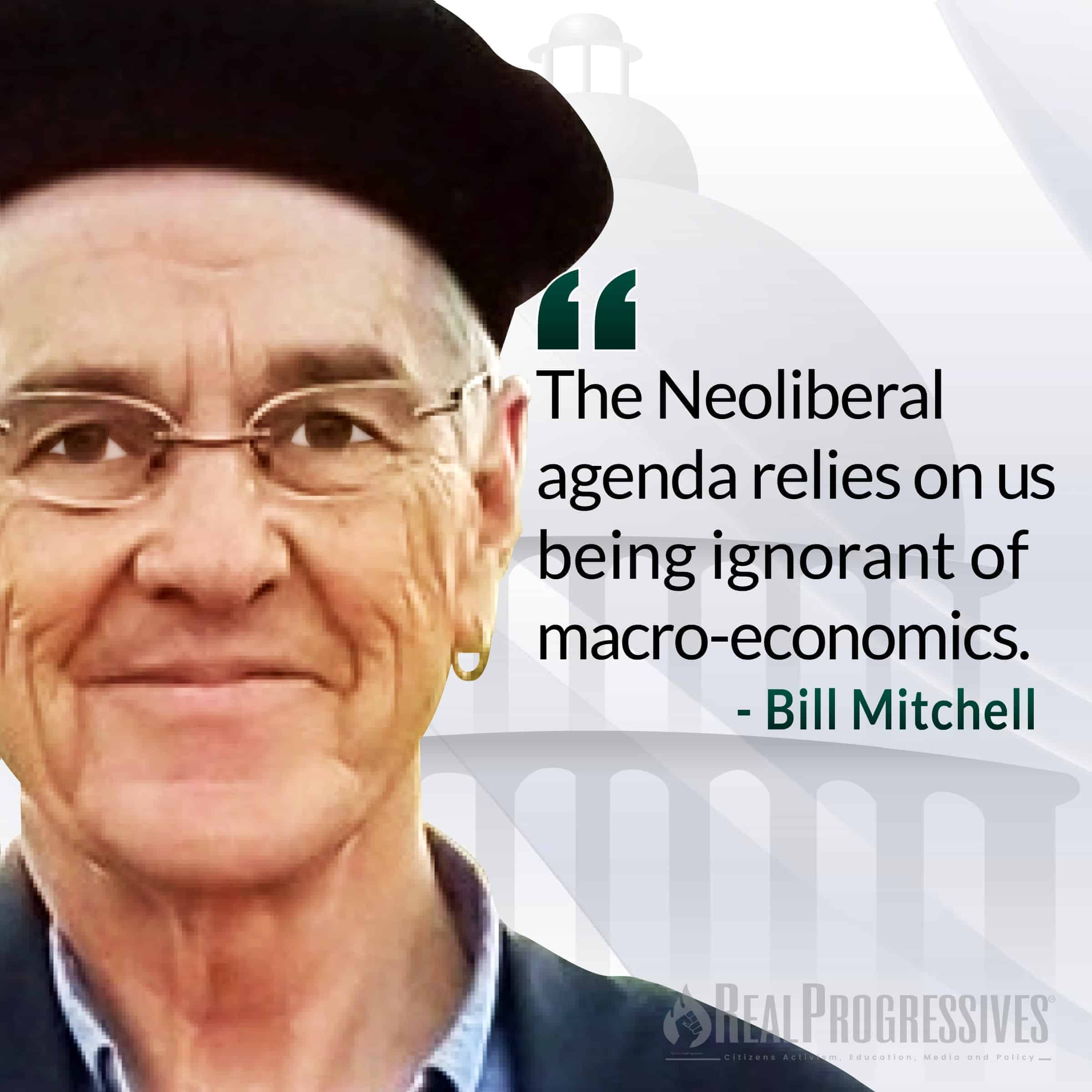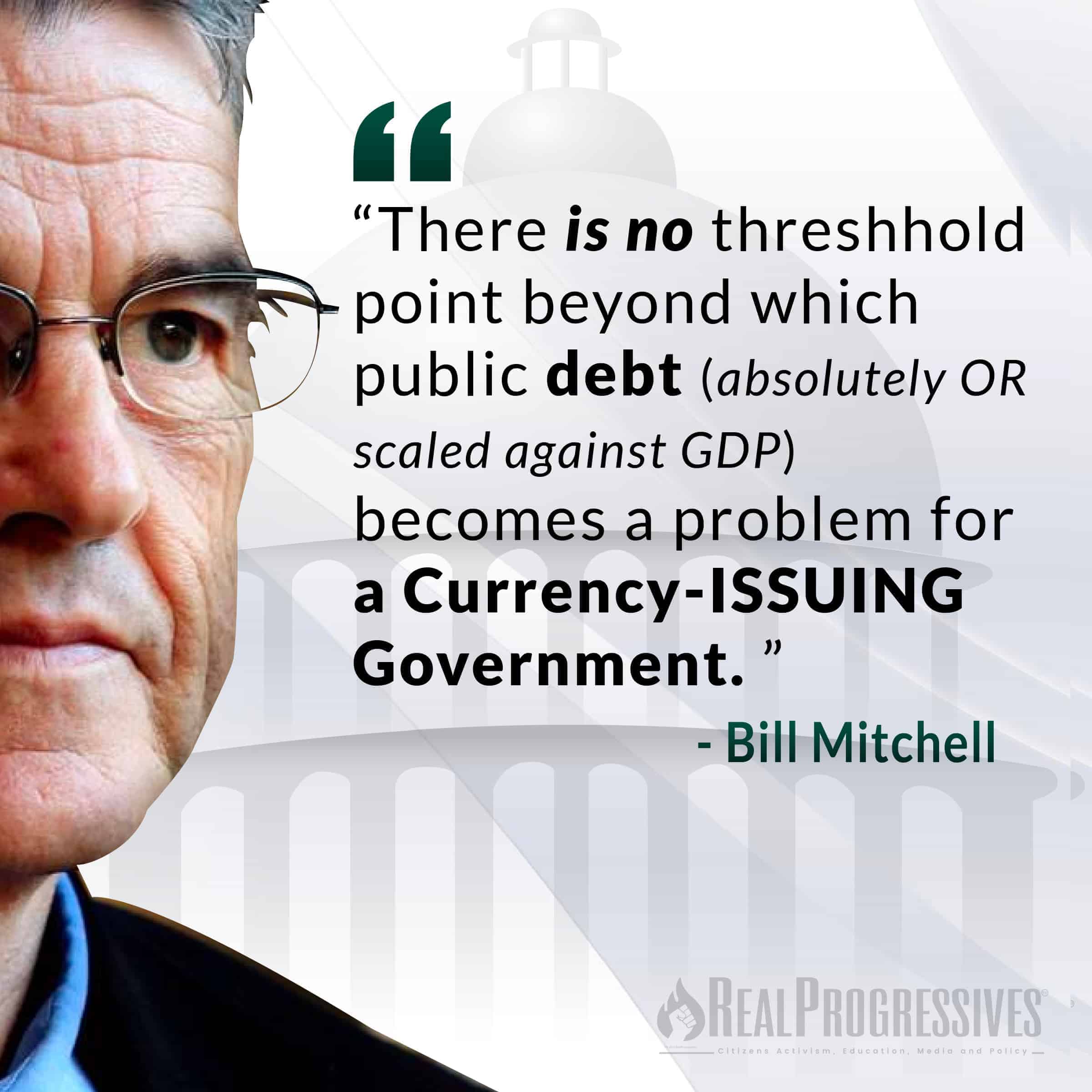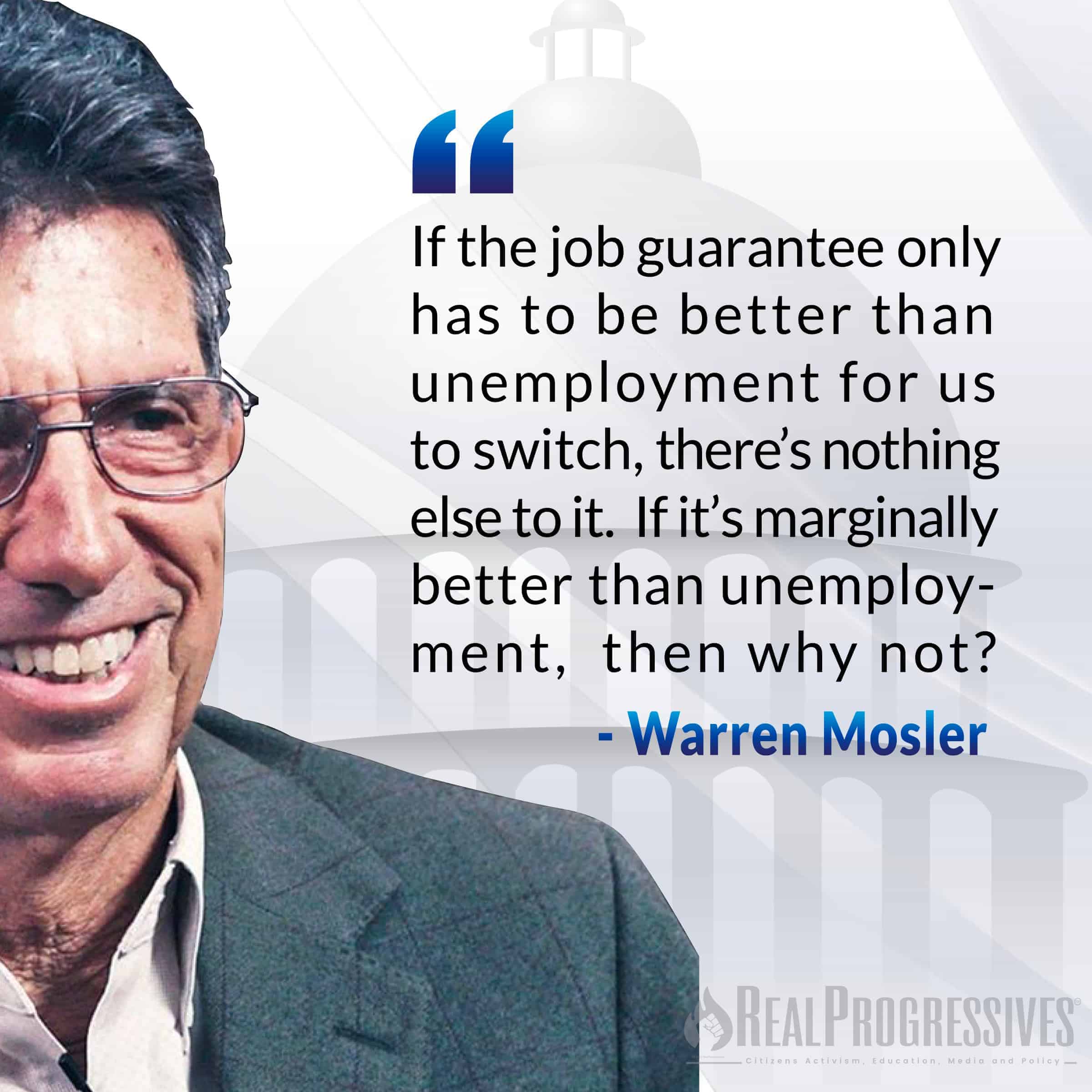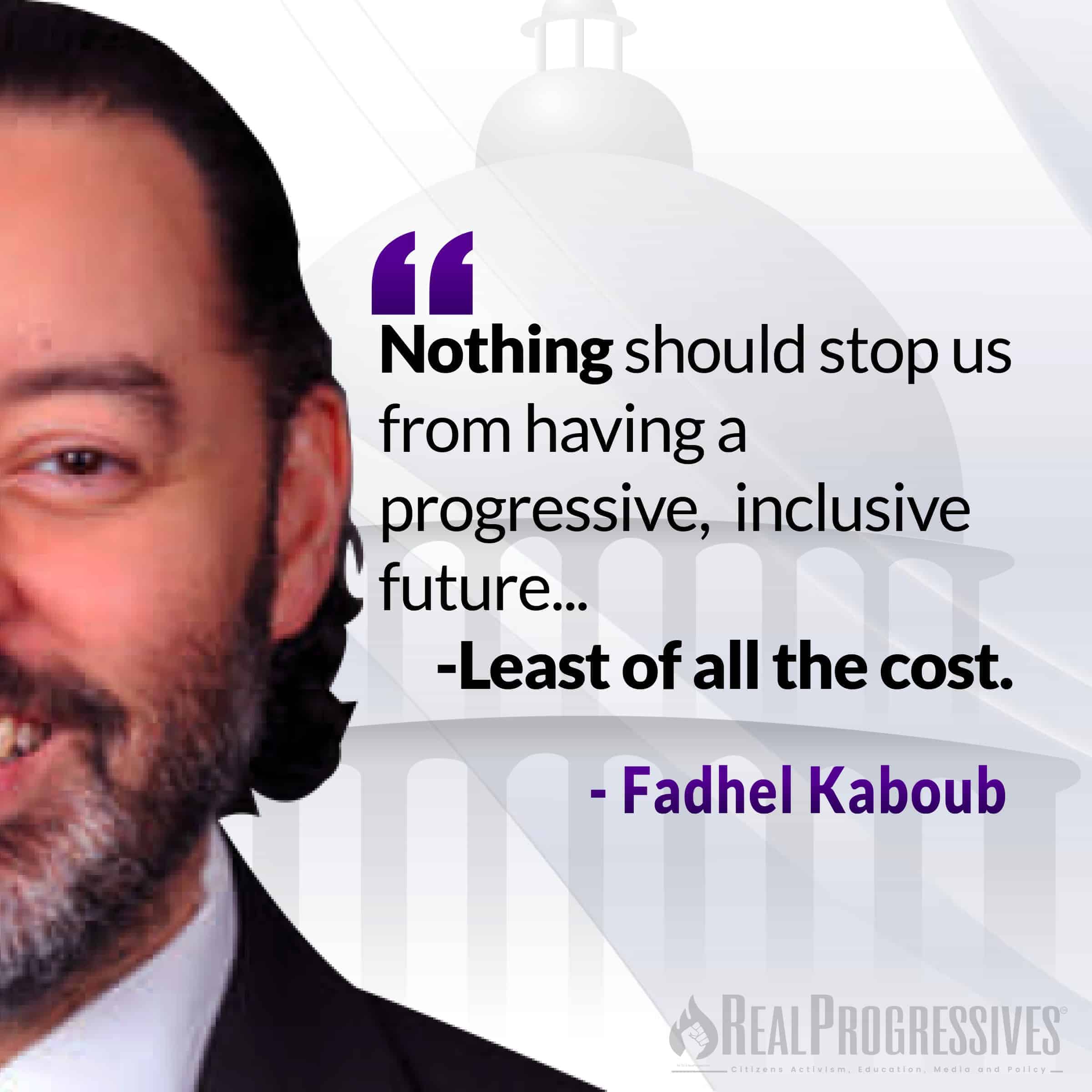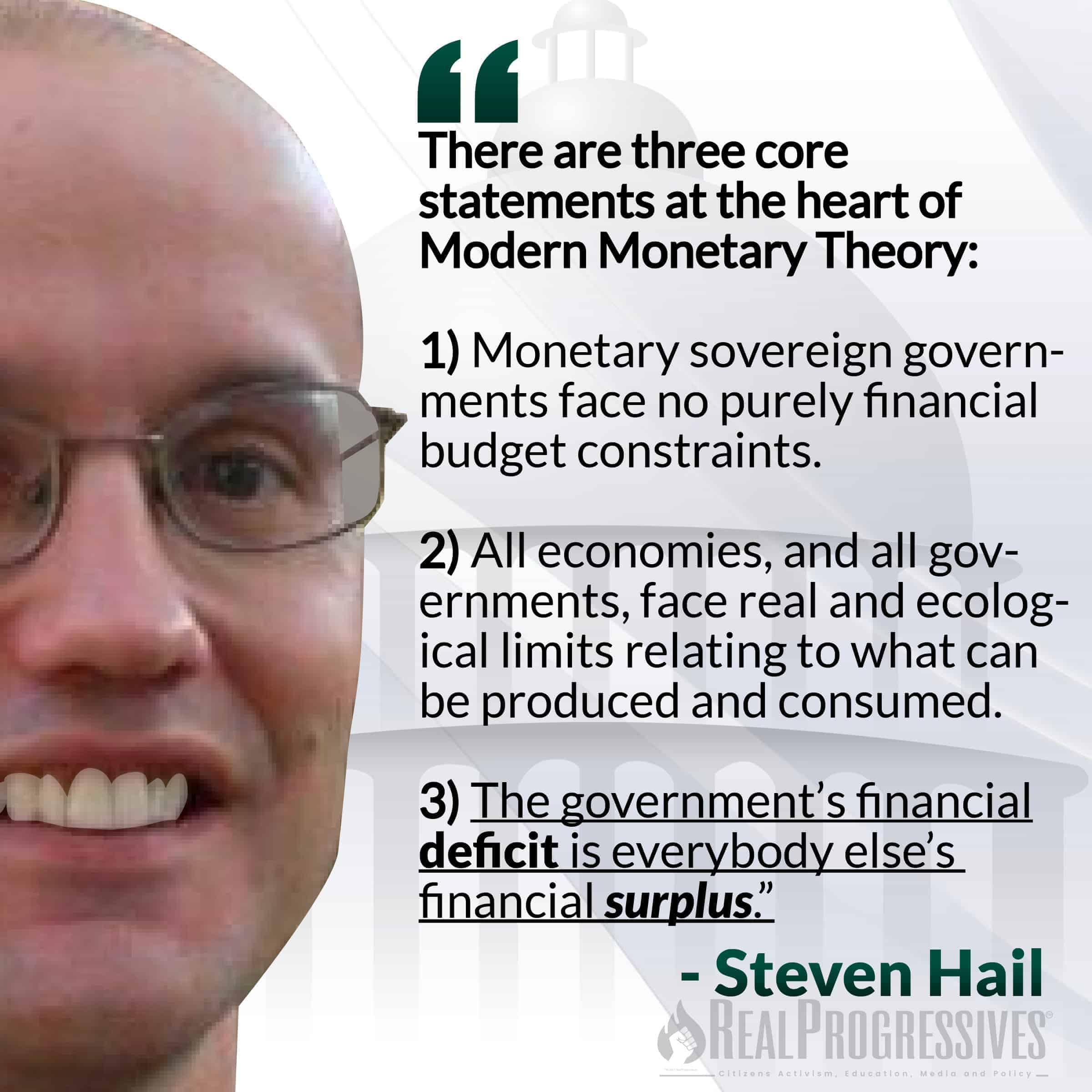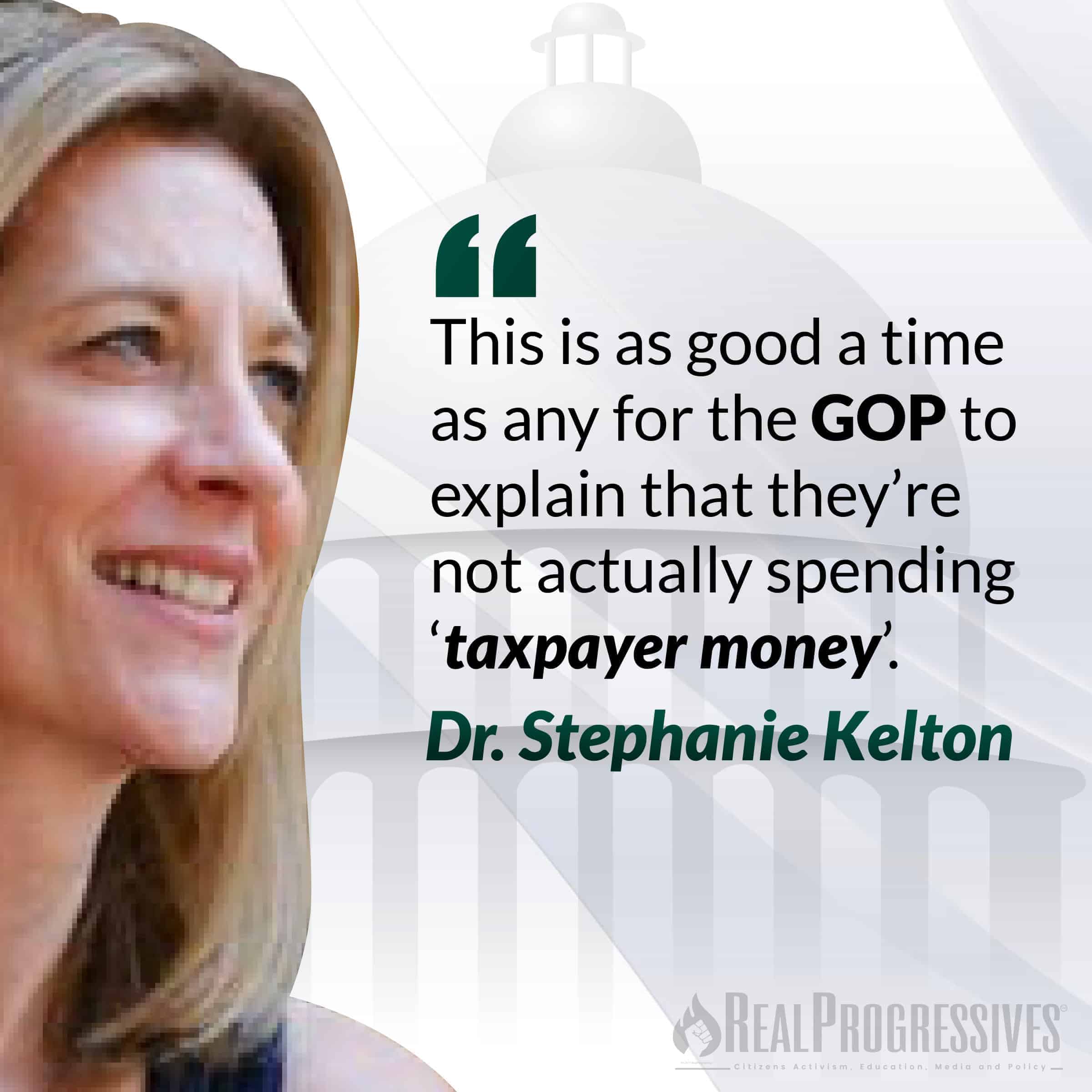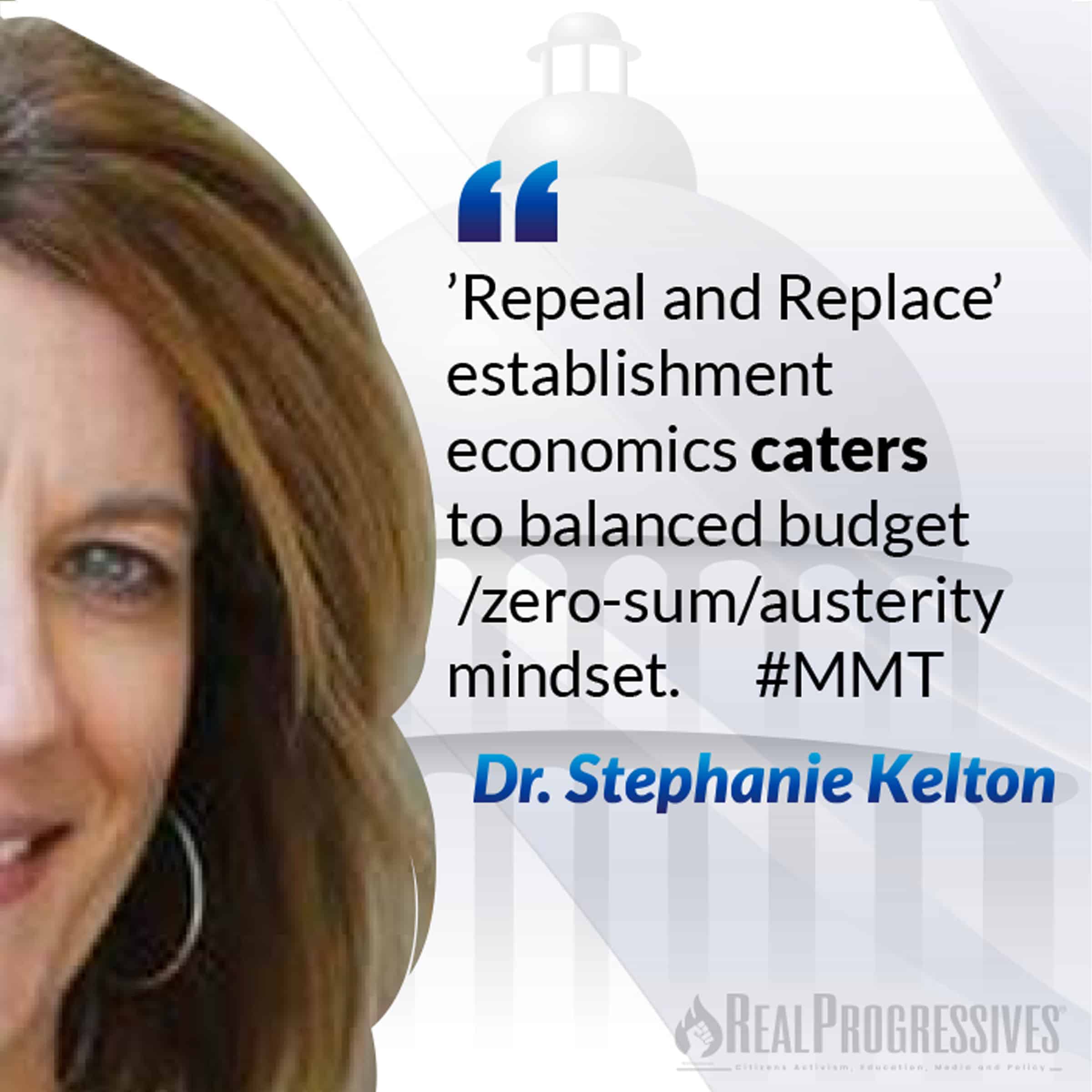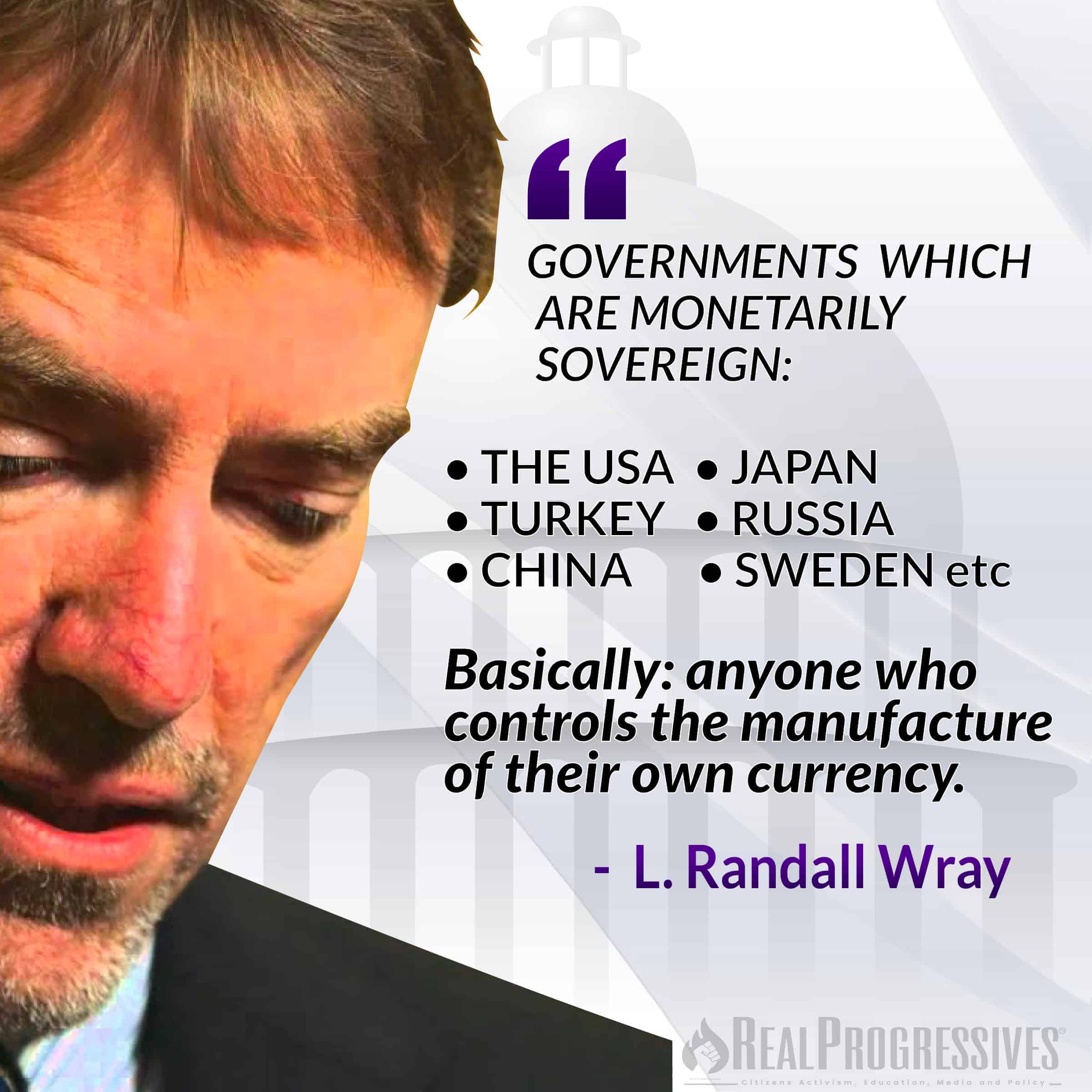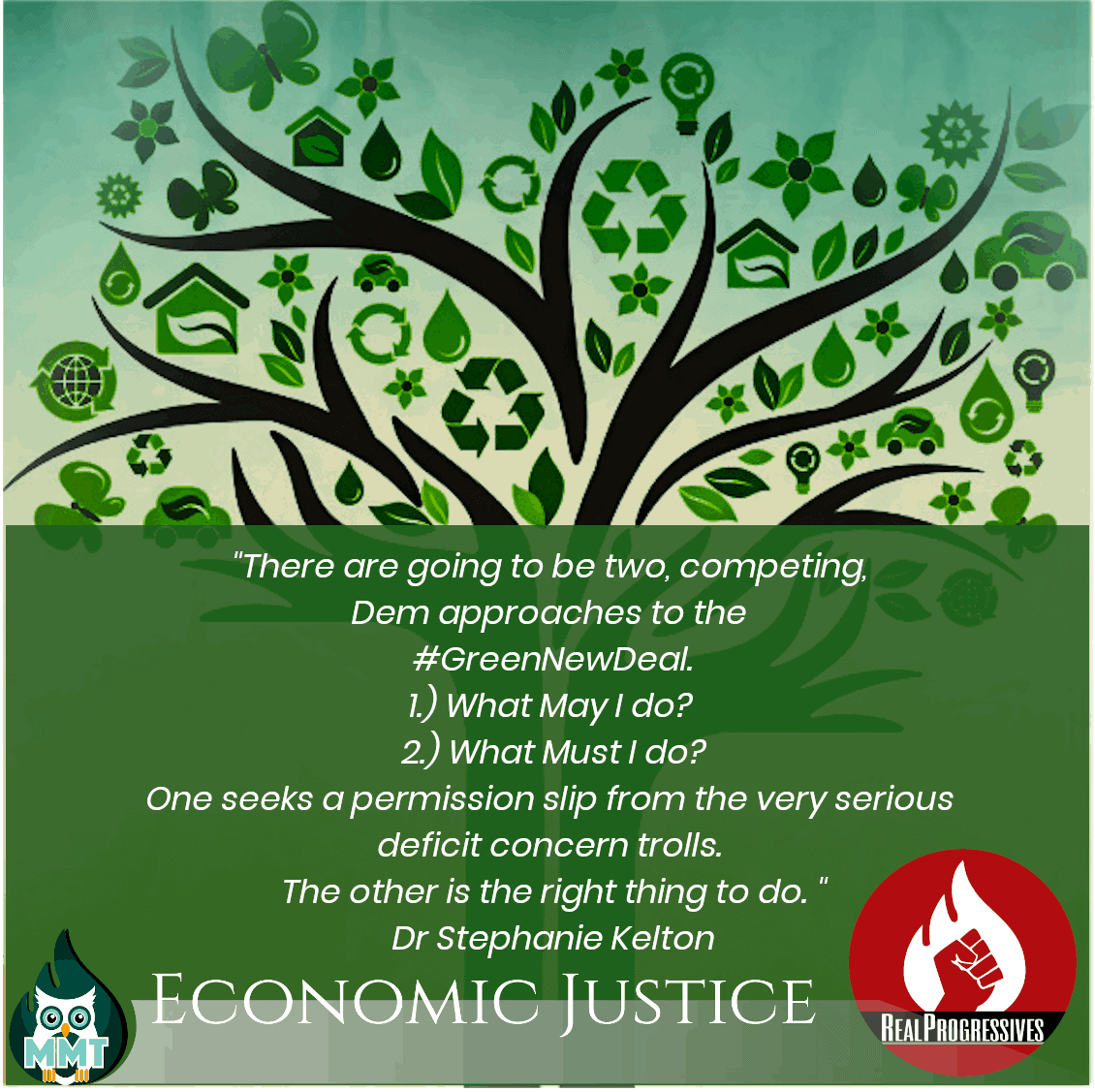Modern Monetary Theory - MMT
What is MMT and how could it completely change your perception of life in a nation with a sovereign fiat currency? Looking for MMT resources in other languages? Try our INTERNATIONAL MMT RESOURCES page.
"If we just keep printing money, we'll devalue the dollar!"
"Printing money will cause inflation!"
"OhEmGee the National Debt!!"
We've all heard loads of rumors...now it's time to get the truth!
Use the arrows or swipe through the slides to learn more.
It's not something to implement someday, it is exactly how our money works TODAY!!
The currency issuer is not constrained to balanced budgeting in the same way as a currency user.
No matter what politicians or talking heads on TV say, when a country issues its own sovereign currency, it can never run out.
That would be like the scorekeeper in baseball running out of points! Crazy, right?
As a matter of fact, in order for us to pay taxes in the first place, the government, the CURRENCY ISSUER, has to create (or spend into existence) the money. Then, we CURRENCY USERS have to find a way to get some money to pay our taxes.
Most governments, most of the time, will run fiscal deficits. This is not a matter of concern, and is indeed a good thing, as it means most private sectors will be able to run the financial surpluses they wish to add to their net savings.
The government’s deficit is our surplus – we should be glad all that money hasn’t been taxed out of the economy!
Browse our MMT focused articles and filter them using the tabs at the top to find a specific topic.
Browse our MMT focused articles and filter them using the dropdown tab at the top to find a specific topic.
- All Articles
- Federal Reserve
- Hyperinflation
- Inflation
- Job Guarantee
- MMT 101
- MMT Academics
- MMT Rebuttal
- National Debt
- Social Security
- Taxation
- All Articles
- Federal Reserve
- Hyperinflation
- Inflation
- Job Guarantee
- MMT 101
- MMT Academics
- MMT Rebuttal
- National Debt
- Social Security
- Taxation
When Will America Declare War on Climate-Change?
J.D. ALT August 14, 2021 Economic Justice Environmental and Ecological Justice
A declaration of war is a legal framework that sets in motion a process of “mobilization” in which the national government directs real resources—labor, engineering expertise, technology, material—toward the goal of defeating an enemy threat.
What the Government Doesn’t Want You to Know: It Can Fully Fund Anything
Laurel Avery January 13, 2017 Economic Justice Published
What if I told you that everything we have been taught about US economics is wrong? Before your eyes start to glaze over in anticipation of boring economic jargon, let me acquaint you with 5 simple facts that might just wake you up.
What Should Brazilian Economists and Policy Makers have Learned from the Crisis?
Daniel Conceicao June 12, 2022 * New Economic Perspectives MMT Beginner
By now (2012), economists should know better than to rely on private borrowing alone to keep economies from underperforming.
What is the difference between Monetary Policy and Fiscal Policy Part I
Sherry Wise June 12, 2019 Economic Justice Informative
This two-part series explains what monetary and fiscal policy are and the differences between the two.
What is the difference between Monetary Policy and Fiscal Policy Part II
Sherry Wise July 16, 2019 Economic Justice Informative
Part II of this series on the differences between monetary and fiscal policy addresses the operations between the central bank and private banks.
What Is Money?
SJ Benson May 5, 2019 Economic Justice Informative
Any object can serve as a form of money, from rocks and sticks to cigarettes and gum, or from paper bills and coins to electronic records and coupons. What lies beyond the currency is the willingness of others to accept that form of currency.
What is Economics?
SJ Benson April 2, 2019 Economic Justice Informative
Economics is the study of how societies allocate limited resources (such as land, water, human labor, or machinery) among the wants of those societies, recognizing that wants are seemingly unlimited.
What if the Public Understood How Money Works?
William K. Black May 27, 2023 * New Economic Perspectives Economic Justice
The truth about federal finance used to be common household knowledge, maybe it should be again.
What Are Taxes For? The MMT Approach
L. Randall Wray May 29, 2023 * New Economic Perspectives
Sovereign government does not really need revenue in its own currency in order to spend.
Weimar Republic Hyperinflation Through a Modern Monetary Theory Lens
Warren Mosler November 14, 2020 Economic Justice MMT Expert
In this article, we dispute the mainstream view that the inflation of the Weimar Republic was caused by a proactive expansion of the stock of money by the German government acting in concert with the Reichsbank.
We Are Already Doing More Than Just ‘Seriously Discussing’ MMT
Loren Hall March 25, 2019 Economic Justice Policy Essay
Once you stop being afraid, you can objectively learn.
Warren Mosler’s Crisis Management Proposal
Warren Mosler September 27, 2020 Current Events Economic Justice
These were my proposals back in March. Now, with 20-20 hindsight, and some 8 months on, seems I wouldn’t change a thing…
Why we need to debunk the 'deficit myth' - BBC REEL
Government spending is increasing at an unprecedented rate to deal with the effects of the coronavirus pandemic. Many people worry this could burden future generations.
However, economist Stephanie Kelton, author of The Deficit Myth, argues that we need to rethink our attitudes towards government spending.
Could Modern Monetary Theory help us navigate our way out of this crisis – and even help build a fairer economy?
Producer: Dan John
Animation: Jacqueline Nixon
(Republished with permission from the BBC)
Weaponizing knowledge, one mind at a time.
Visit our seven focused Knowledge Areas.


